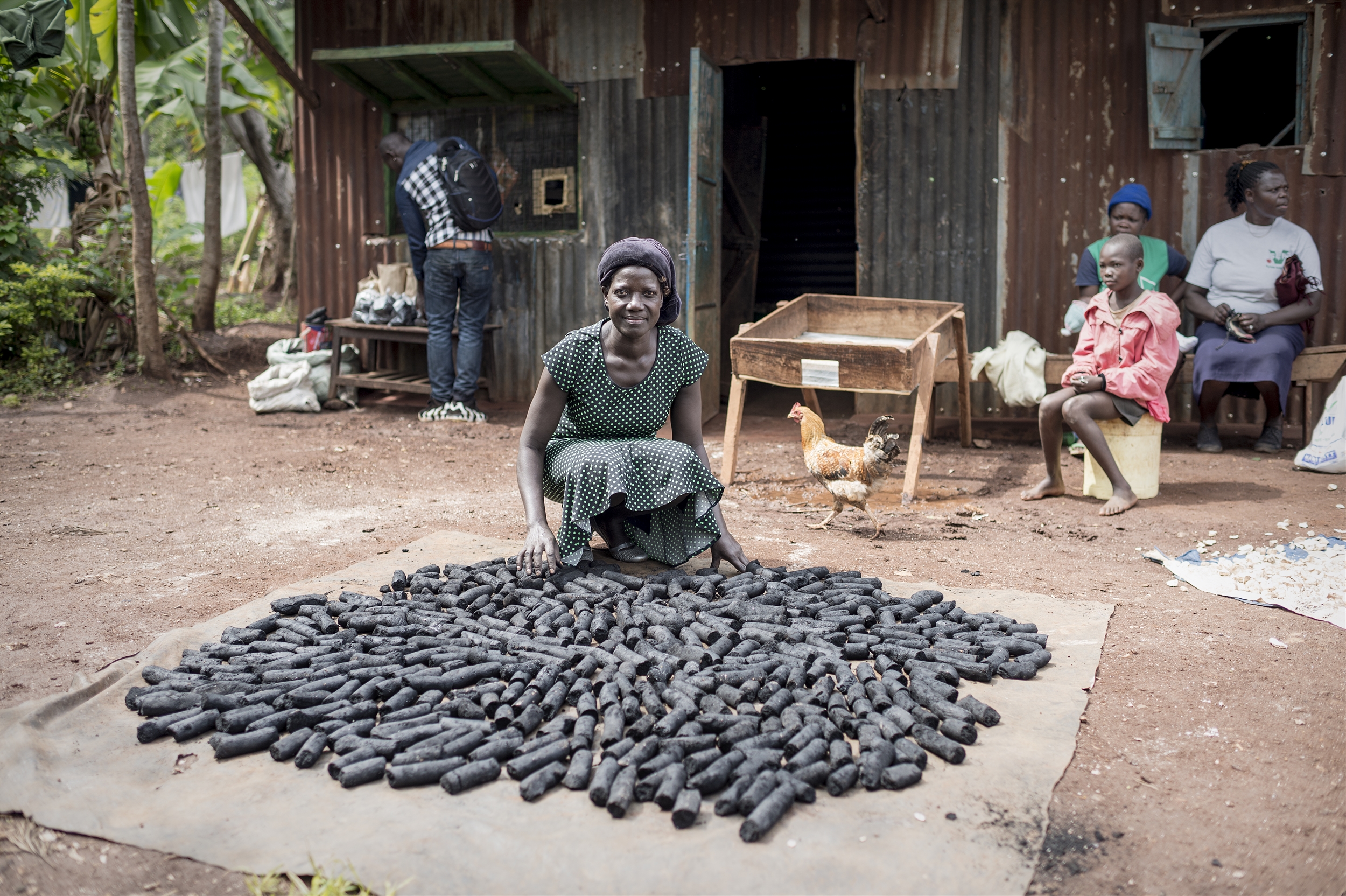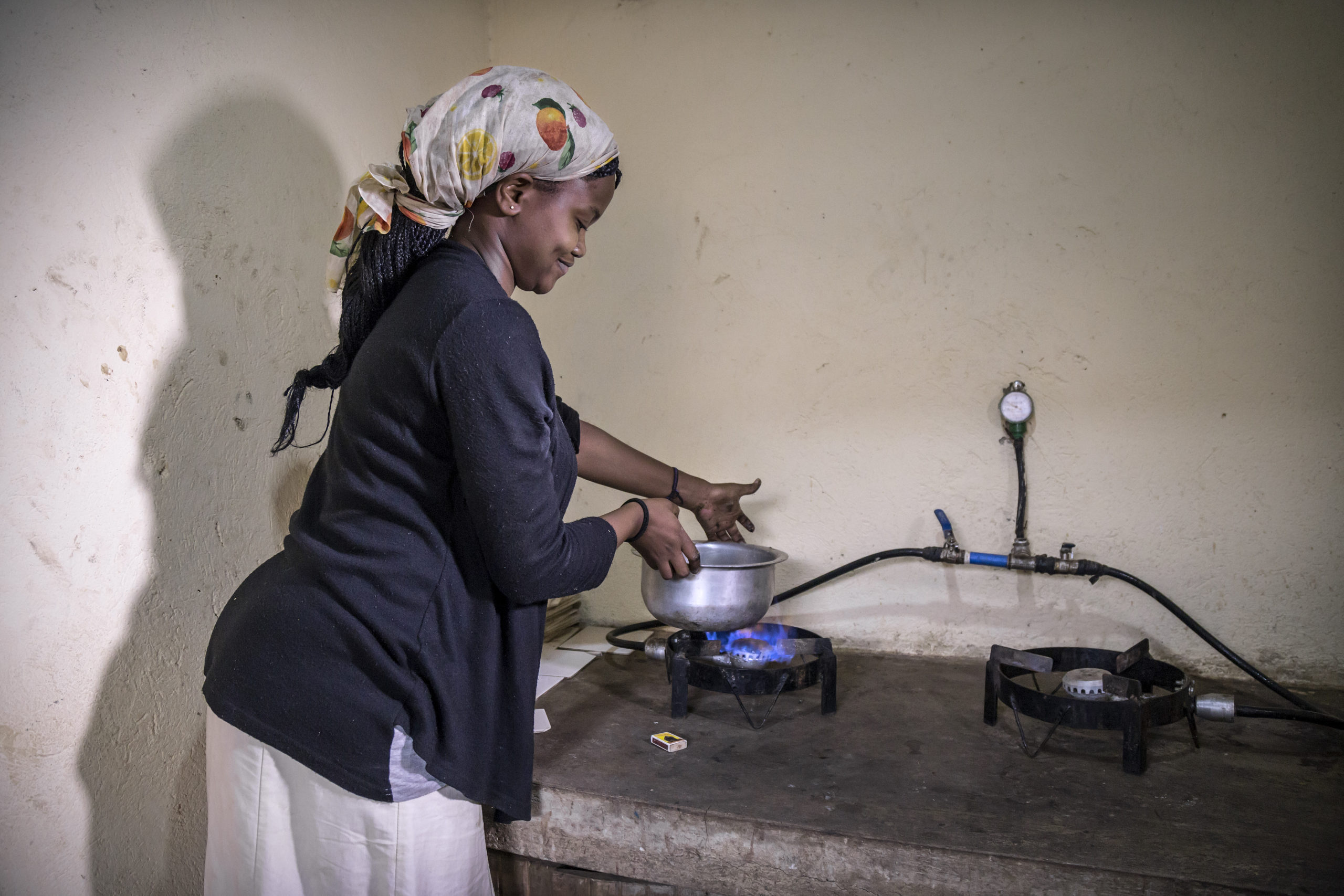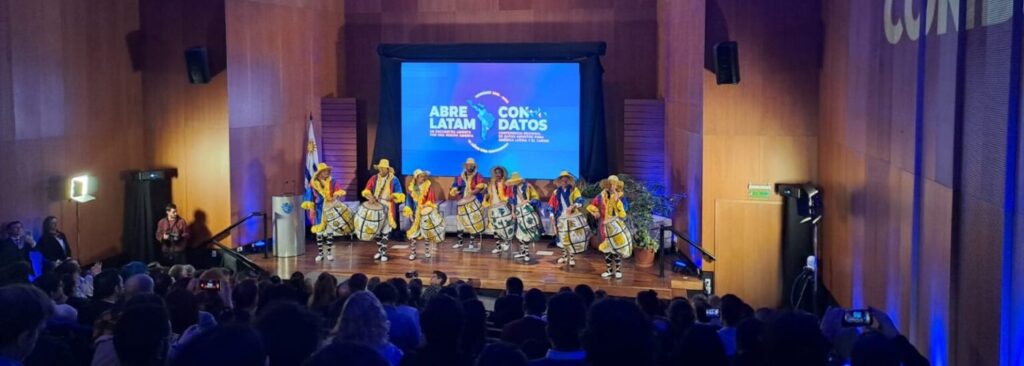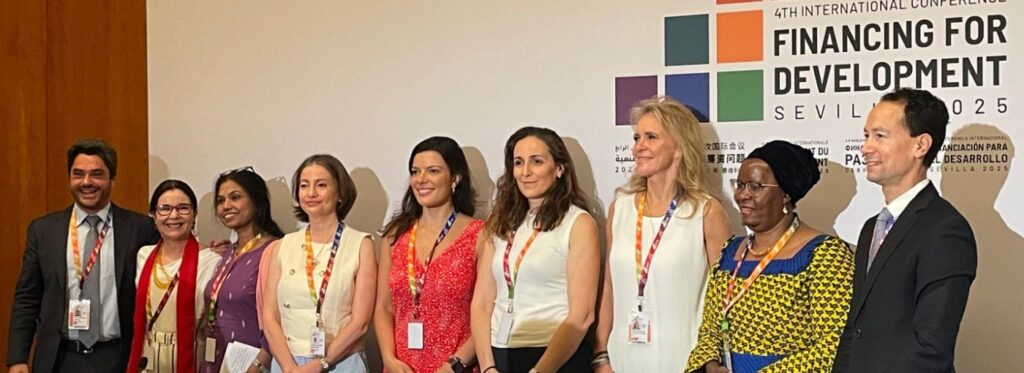Over the past few years working on the Green and Inclusive Energy programme, I have been privileged to hear from Kenyans about their experiences with clean cooking, or lack of. In 2017, as part of Hivos East Africa’s collaboration with the County Government of Kajiado to establish a policy for renewable energy for the county, we visited Grace Malipe, 62, selected by her community to have a biogas installed through the Kajiado County Biodigester Installation initiative. As she shared her story, what struck me was how much this one change impacted her life. Access to a biodigester meant she saved hours that she spent in search of firewood. She was no longer choking on smoke. Her eyes were healing from years of exposure to smoke and soot was no longer dropping into the food as she cooked.
Last year’s Kenya Household Cooking Sector Study found that 93% of rural households are still using firewood as a main source of cooking energy. In addition, many poorer urban households rely on charcoal and kerosene that not only has a huge impact on health of women and children in particular, but are also vulnerable to cost fluctuations. I have been in conversations with people who dismiss the importance of clean cooking, but hearing the impact it has, I for one will never minimize how important it is to ensure that everyone has access to clean cooking.
Progress made in recent years
Kenya has made great strides when it comes to clean cooking in the past few years. There has been commitment from the government to improve the policy and regulatory framework for clean cooking technologies. The Energy Act 2019 emphasizes a preference for energy demand management that reduces demand for non-renewable resources, including for cooking. In the past few years, the government has also instituted standards relating to solar, clean cookstoves and biogas. Finally there have been various tax exemptions and zero-rating of clean cooking technologies and fuels including ethanol and cookstoves. This has made it easier for clean cooking providers to reach consumers, and for consumers to have access to technology that achieve the standards that have been set. At the Clean Cooking Forum, a global event that was held in Nairobi last year, it was remarkable to see the range of options that are now available when it comes to clean cooking technologies and fuels. From pellets, briquettes, ethanol, to the different clean cooking stoves for biomass, solar cookers and more. At this event, Energy Cabinet Secretary Charles Keter reaffirmed Kenya’s commitment to accelerating access to clean cooking, an encouraging step for all the stakeholders working to advance clean cooking in Kenya. This is why it is disappointing to hear that the Finance Bill 2020 proposes an introduction of VAT of 14% on clean cooking and solar products, whether imported or produced within Kenya.

Make clean cooking a priority
As a country in which a majority of the population still rely on unclean, expensive and unsustainable cooking options, we need to make clean cooking a priority. Zero-rating of clean cookstoves and parts has had positive impact on the uptake. To see similar advancement in clean cookstoves and solar products, we need sustained tax exemptions and zero-rating of products to ensure they are within financial reach of all consumers. Every time the tax regime on clean cooking products changes, it impacts the rate at which these solutions can be taken up. Stability and subsidies to this area are key. Further, we need to think about development more holistically – this means thinking beyond taxation of technologies for the common good. With the huge health, socioeconomic and development impact that clean cooking can have on a country, it is counterproductive to tax these products. Citizens will revert to using unsafe technologies that are deemed cheaper (while it might seem affordable at face value because households are able to purchase in low amounts, the cost on citizens’ health, on environment and biodiversity, on people’s quality of life make these very expensive options). We must explore different ways to secure revenue for Kenya’s development agenda without jeopardizing the livelihood and well-being of our citizens.
It’s World Environment Day and time for nature. The proposed changes will deeply impact our ability to preserve our natural environment. Follow the conversation on Twitter: #NotoCleanCookingVAT #StopCleanCookingVAT




